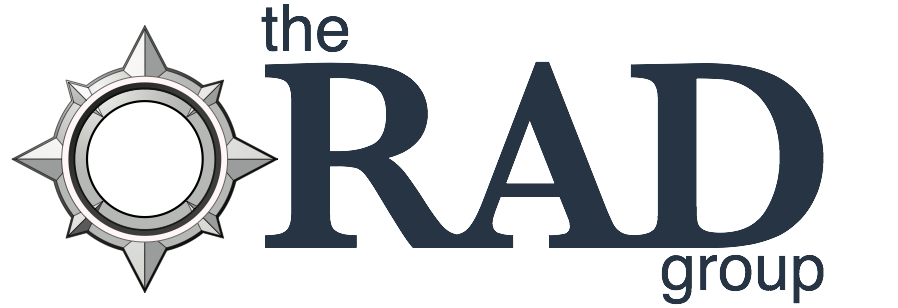Career development is a personal responsibility, but really good supervisors understand that they can help by being a career coach to their employees. Here are four keys to being an effective career coach. 1. Help the employee identify career goals. Career success requires both ability and motivation. Help the employee identify strengths and interests as the starting point to defining career goals. It is not the role of a career coach to judge the appropriateness of the employee’s career goals, but it is appropriate to help the employee explore the consequences of moving along a particular career path relative to strengths and interests.
2. Help the employee identify developmental needs. Once a career goal has been identified, help the person assess the requirements for success and determine the requisite knowledge, skills, experience, etc. Help the person honestly evaluate their current level of readiness and what must be done to move forward and to achieve their career goals. 3. Help the employee discover barriers to development and develop plans to overcome those barriers. An honest evaluation of barriers to personal development is essential to the development of a career plan. Many times the employee is unaware of those barriers and needs another person to ask questions that lead to discovery. Once barriers have been identified, a realistic plan of action needs to be developed. This is the responsibility of the individual, but, again, asking relevant questions and appropriately challenging assumptions is an important part of planning. 4. Hold the employee accountable for implementing plans. This does not mean punishment for failure. Here accountability is really tied to the “giving account” part of accountability. The career coach should be there to ask questions about plan schedule and accomplishment and provide encouragement and feedback as appropriate.
